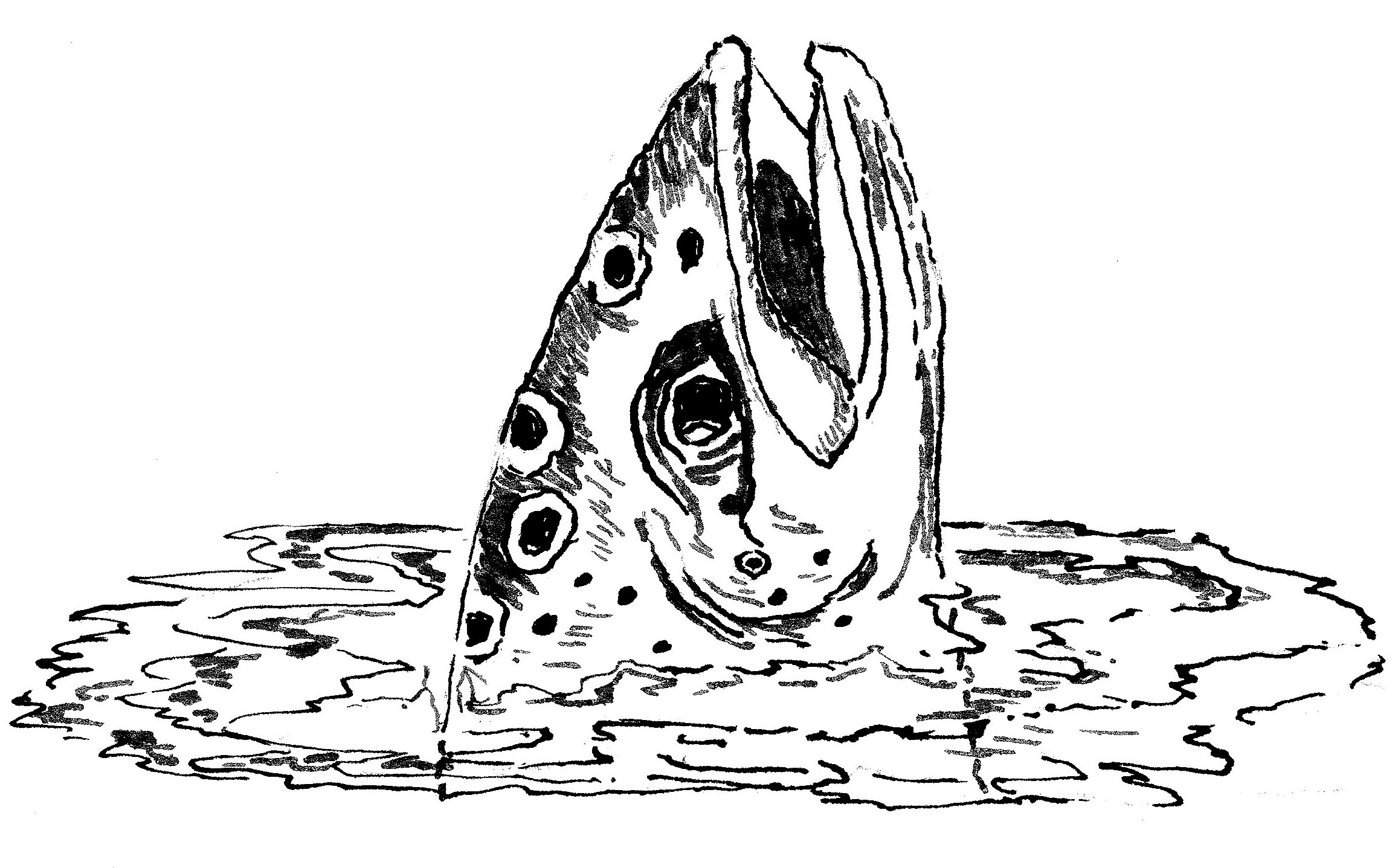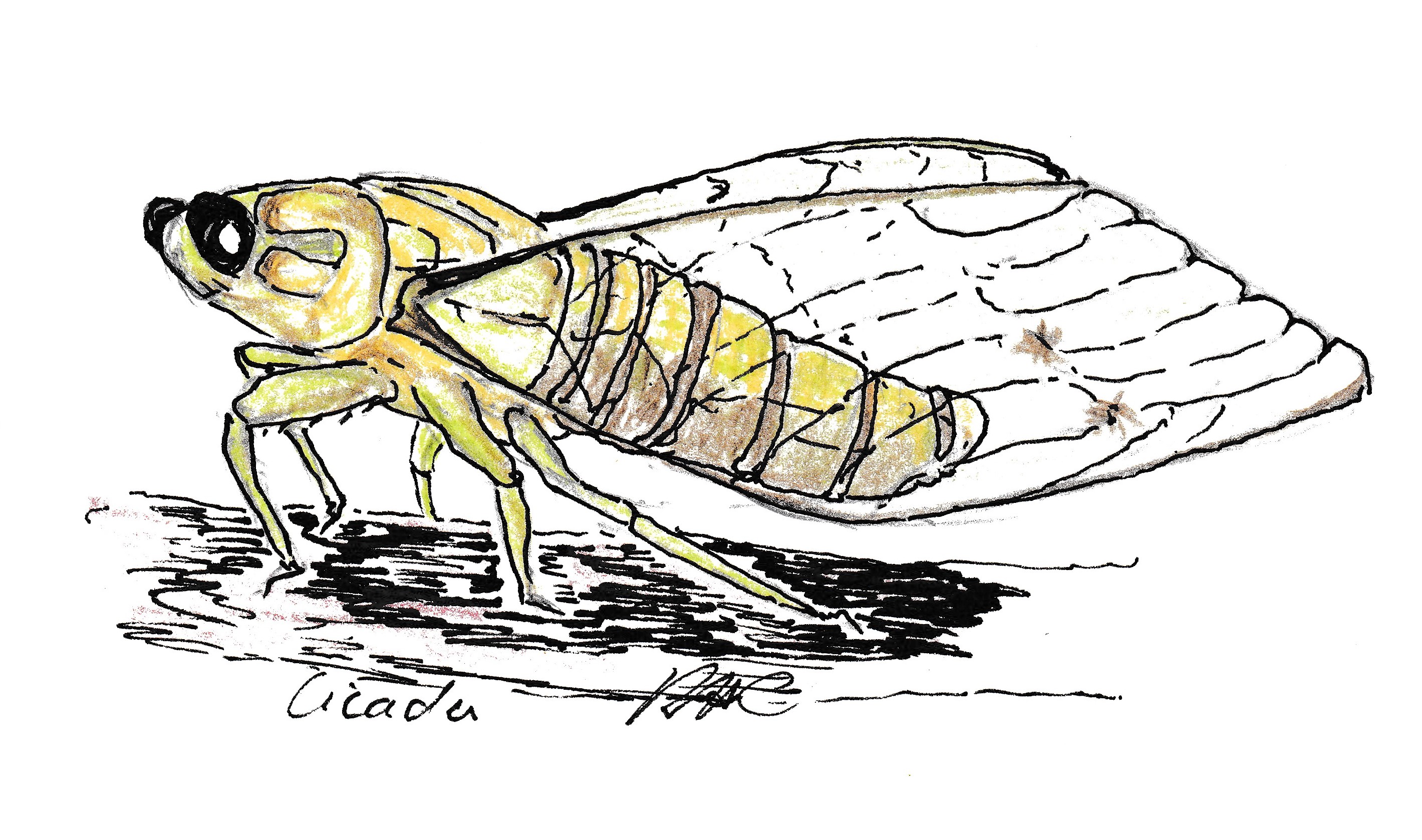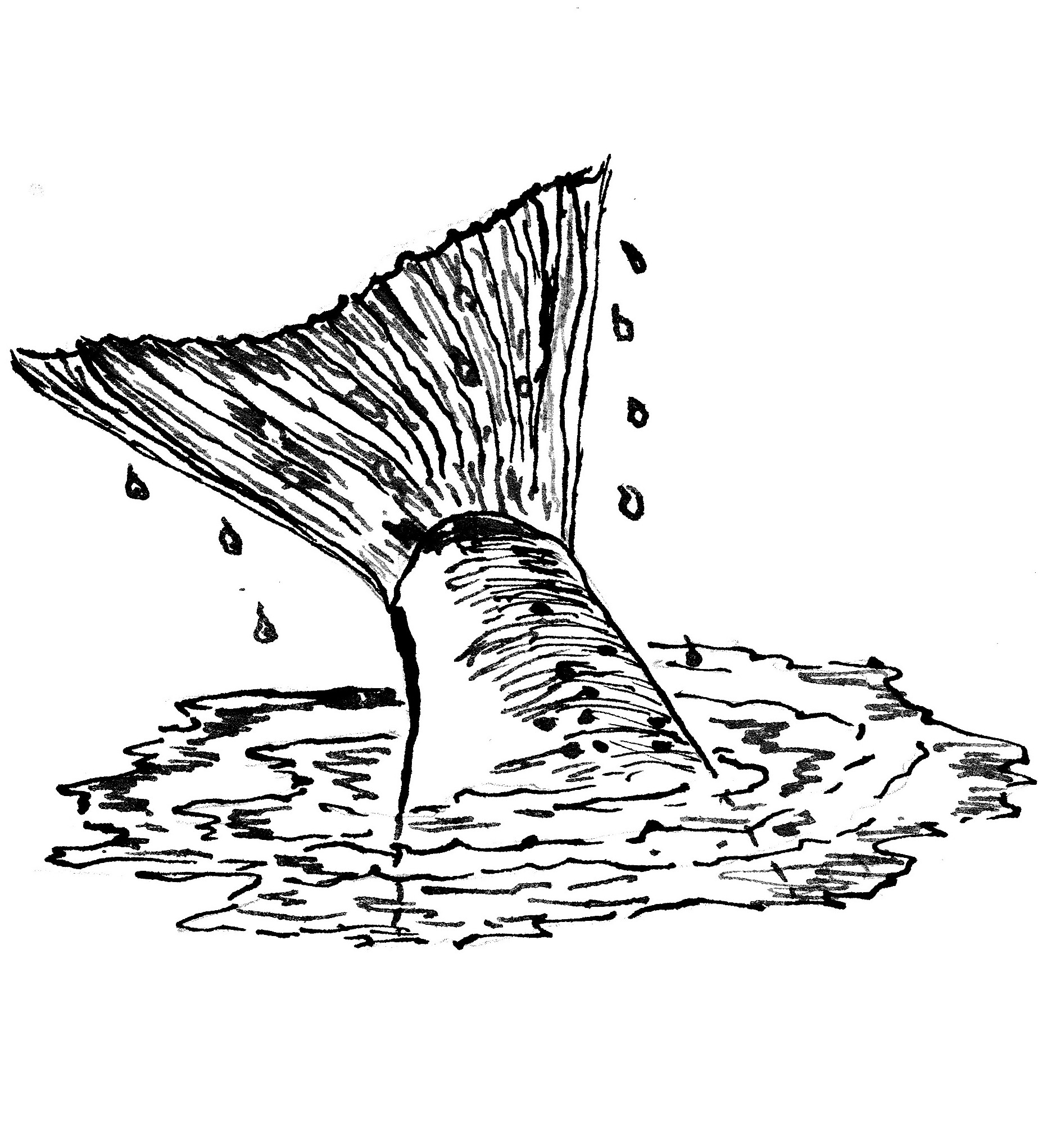Creasy's Column for Reel Life February 2019
- 26/02/2019
By Hugh Creasy
Hot air, thick with birch seed, blew down the valley.  Stags across the river in high-fenced paddocks, coughed and grumbled and readied themselves for the roar. There were even a few who brayed in the late evening, early starters soaked in testosterone and spoiling for a fight.
Stags across the river in high-fenced paddocks, coughed and grumbled and readied themselves for the roar. There were even a few who brayed in the late evening, early starters soaked in testosterone and spoiling for a fight.
The southerly blew for days – a hot wind that kept anglers off the river until evening, when, for an hour or two, a cast could be made to fish that held in deep water. They were hard to catch. A constant hatch of small mayflies and a drift of willow grubs kept them well fed and highly selective. At night there were hatches of caddis and fish could be heard rising and splashing well after dark.
In the early morning they were sated and ignored any offering no matter how well imitated by an expert tier. As the sun rose and cast shadow under the willows it was possible to stand in the shade and cast fly after fly to fish in line astern and highly visible. Size 16 to 20 nymphs with speckled hackles were ignored. Size16 to 20 Adams dry flies were ignored, and the occasional size 12, just for variety, received the same treatment. And still the trout rose, sipping invisible prey and growing fatter by the day. Then the wind would blow once more, hot and dusty, dropping leaf hoppers and lacewings, beetles and blowflies in vast quantities on the water.
There was feasting in the water and trout rolled and tumbled in the current as they chased and fed til they could feed no more and left anglers empty-handed, apart from one angler who foul-hooked a fish with a cast that landed square on a trout’s head. The fish put up a furious fight before throwing the hook as it was brought to the net, which saved the angler the task of careful recovery and release.
Anglers did catch fish, but not in the reach where the fish numbered in double figures. There were rapids and runs upstream where the fish were much less selective and took a fly with alacrity. But the reach held temptation. Every declivity of the river bed led to holding water and fish, and a bubble line covered them all, bringing a moveable feast of insect life that kept the fish in prime condition. But because this nutritious stream kept them so well fed, it also made fishing that much harder.
Among the leaves and twigs landing on the water on a windy day there were bees, both bumble and honey, white butterflies and yellow admirals, blowflies and grass flies, brown beetles and green, wood borers, large and small as well as ants and grasshoppers. Add this collection to the aquatic insects available to the fish and it was easy to see why an angler’s offerings were ignored.
But there comes a time when even the most unlucky and least skilful can bring a fish to the net. In late January and for a week or so afterwards, cicadas came from the ground.  The air was loud with their noise and they flew, newly hatched, in clumsy lines looking for somewhere to settle. They tangled in hair and in webs, clung to clothing hung out to dry, and were crushed onto car radiators and windscreens, to the delight of supermarket sparrows who picked them out and filled their tummies.
The air was loud with their noise and they flew, newly hatched, in clumsy lines looking for somewhere to settle. They tangled in hair and in webs, clung to clothing hung out to dry, and were crushed onto car radiators and windscreens, to the delight of supermarket sparrows who picked them out and filled their tummies.
On the river there was not much change until a cold front moved in and temperatures dropped. One night the chill wind caught the cicadas hanging over the water and they lost their grip and tumbled into the water. There was an orgy of feasting as trout snapped at the helpless insects, and in the morning a carefree angler who had tried every wispy fly in his flybox, looked at a big deer hair imitation and thought he would give it a crack. He slapped it onto the water with the most careless of casts, and a trout he had cast to hundreds of times with the most wondrous of insect imitations, rose and snapped the deer hair monster. It fought a valiant fight with power and cunning, but the knots in line and leader held, and with aching muscles and tingling nerves the trout was netted and brought to the bank where a large stone delivered a death blow.
Out with a knife and the belly was slit to reveal a stomach tight with cicadas, 15 of them still whole and a whole lot more in the digestive tract in slimy pieces. For the next few weeks the angler ruled the river, master of nature and dealing death at a whim. The cicadas whittled down to just a few and faded from the scene.
Once more skill and fly selection would determine success, but the ego was fed on those few successful days and pride lifted spirits and the angler gladly waded once more into the breech. Back to Reel Life.
Back to Reel Life.